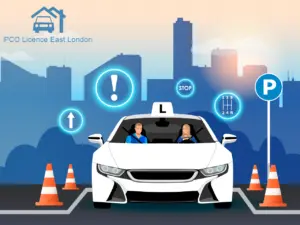Becoming a Private Hire or Taxi Driver in London involves passing a series of assessments and meeting strict requirements set by Transport for London (TfL). One of the most important requirements is passing the PCO Topographical Skills Test, which evaluates a driver’s ability to navigate and interpret maps and directions. In this article, we’ll explore the importance of the Topographical Skills Test in PCO Driver Training and provide tips and strategies for success.
What is the PCO Topographical Skills Test?
The Topographical Skills Test is a mandatory assessment that all PCO Driver applicants must pass to become licensed by TfL. The test is designed to evaluate a driver’s knowledge of London’s geography, including the location of major landmarks, roads, and routes. It assesses a driver’s ability to read maps and directions, calculate distances and travel times, and plan efficient routes for passengers.
Why is the Topographical Skills Test important for PCO Drivers?
The Topographical Skills Test is critical for PCO Drivers because it ensures that they have the necessary knowledge and skills to provide a safe and efficient service to their passengers. Drivers who fail the test may struggle to navigate London’s complex road network, which can result in longer journey times, lost passengers, and a negative experience for riders.
In addition to the Topographical Skills Test, PCO Driver Training includes other assessments and requirements such as English language proficiency, medical fitness, and a criminal record check. These requirements are in place to maintain high standards for the private hire and taxi industry and ensure the safety and satisfaction of passengers.
How to prepare for the Topographical Skills Test: Tips and Strategies
Preparing for the Topographical Skills Test can be challenging, but with the right approach, it is achievable. Here are some tips and strategies for success:
- Familiarise yourself with London’s geography: Spend time studying maps, memorising major landmarks and routes, and getting to know the layout of different areas of the city.
- Use online resources: There are many online resources available to help you prepare for the Topographical Skills Test, such as mock tests, study guides, and practice maps. These resources can help you identify areas where you may need additional practice and build your confidence.
- Practice, practice, practice: The more you practice reading maps and directions and planning routes, the more comfortable and confident you will become. Try to simulate real-life scenarios by using different maps and planning routes for different types of journeys.
Understanding the Topographical Test format and content
The Topographical Skills Test consists of two parts: a multiple-choice questionnaire and a practical assessment. The multiple-choice questionnaire assesses your knowledge of London’s geography, while the practical assessment evaluates your ability to read maps, plan routes, and navigate the city.
The test covers a wide range of topics, including landmarks, roads, junctions, and routes. It is essential to study all of these topics to ensure that you are fully prepared for the assessment.
The role of Topographical Training in PCO Driver development
Topographical Training is an integral part of PCO Driver development, as it provides drivers with the knowledge and skills they need to navigate London’s roads confidently and efficiently. Topographical Training covers topics such as map reading, route planning, and using GPS technology to plan journeys.
In addition to Topographical Training, PCO Driver Training includes other modules such as customer service, safety and security, and disability awareness. These modules are designed to equip drivers with the skills and knowledge they need to provide a high-quality service to all passengers, including those with disabilities or special requirements.
The benefits of PCO Driver Training: Beyond the Topographical Test
PCO Driver Training provides drivers with a range of benefits beyond passing the Topographical Skills Test. These benefits include:
- Improved confidence and knowledge: PCO Driver Training provides drivers with the knowledge and skills they need to navigate London’s roads confidently and efficiently, which can improve their overall confidence and job satisfaction.
- Enhanced customer service: PCO Driver Training includes modules on customer service, which can help drivers provide a high-quality service to passengers and enhance their reputation as a professional driver.
- Greater safety and security: PCO Driver Training includes modules on safety and security, which can help drivers identify potential risks and hazards and respond appropriately in emergency situations.
Conclusion: The importance of Topographical Skills in the PCO industry
In conclusion, the Topographical Skills Test is a critical requirement for PCO Driver Training, as it ensures that drivers have the necessary knowledge and skills to navigate London’s complex road network and provide a safe and efficient service to passengers. By preparing for the test and completing Topographical Training, drivers can not only pass the assessment but also enhance their confidence, knowledge, and customer service skills, ultimately providing a better service to riders and improving the overall reputation of the PCO industry.
For more information on the Topographical Test contact PCO Licence East London.











